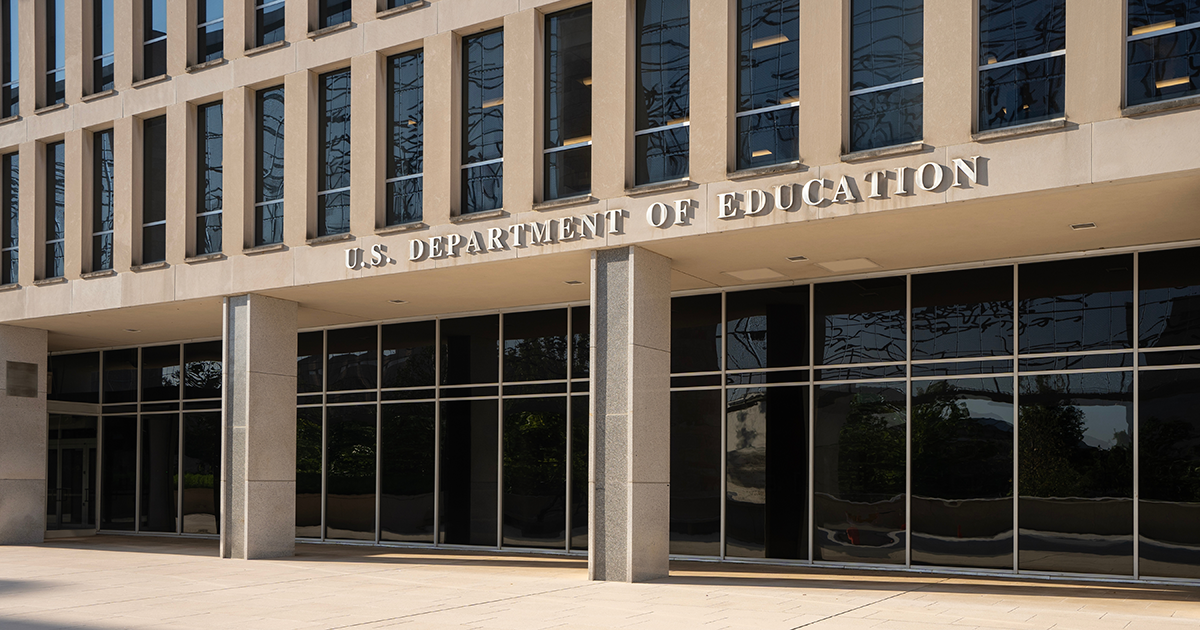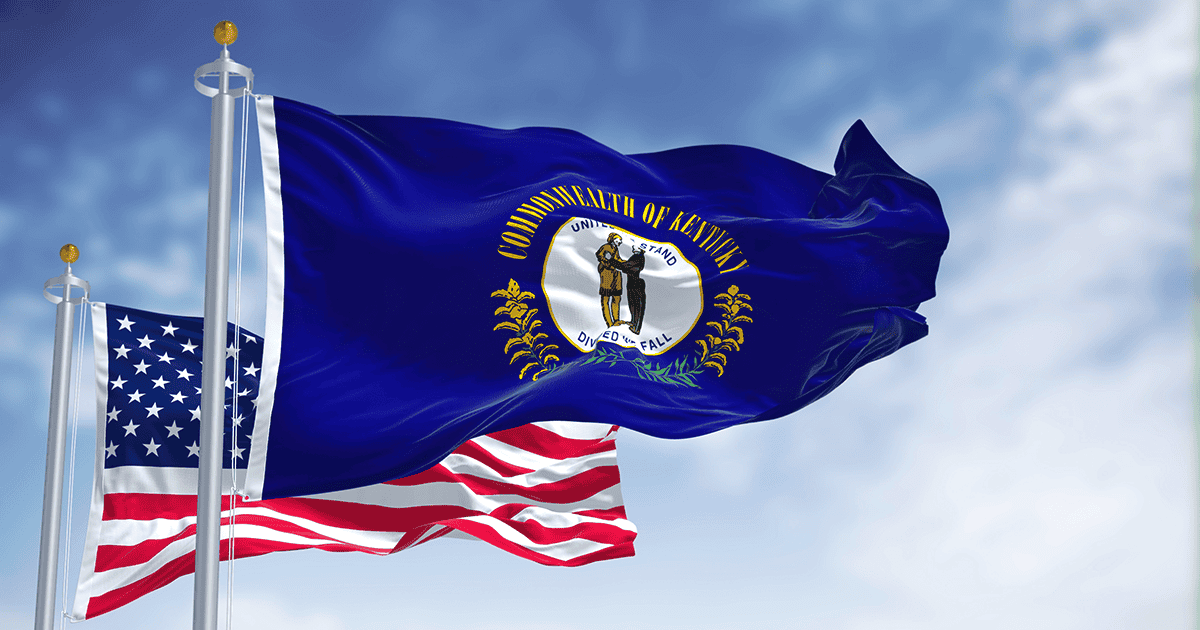In a recent survey and analysis published in the Center for Disease Control and Prevention’s (CDC) Morbidity and Mortality Weekly Report (MMWR), John Eichwald, MA, chief of the CDC Child Development and Disability Branch, and Franco Scinicariello, MD, a health scientist at the Agency for Toxic Substances and Disease Registry, reported some startling results regarding teenagers and loud noise exposure.
The survey was administered to 817 youths aged 12-17 years. The survey measured the frequency of exposure to loud noise in school settings, the provision of hearing protection devices (HPDs) during exposure, and whether prevention techniques were part of their educational curriculum.
Nearly 74 percent of respondents reported noise exposure at school with nearly half of those reporting noise exposure on a regular basis. However, nearly 86 percent of respondents reported that their school did not provide hearing protection devices during times of loud sound exposure. In addition, 70.4 percent of all respondents reported that they never had a class or coursework that taught how to protect hearing from noise.
The authors reiterated what we as audiologists are all too aware of—that noise-induced hearing loss is a substantial, often unrecognized health problem.
According to the authors, 1 in every 6-8 middle and high school students aged 12-19 years has measurable hearing loss likely resulting from excessive noise exposure.
The authors conclude that educators, school audiologists, and nurses have free resources and tools available to teach youths about the causes and prevention of noise-induced hearing loss.
The Academy as well as the World Health Organization, National Institutes of Health, and the CDC all have educational materials available to educate and prevent noise induced hearing loss in school aged children.
Reference
Eichwald J, Scinicariello F. (2020) Survey of Teen Noise Exposure and Efforts to Protect Hearing at School—United States. MMWR Morb Mortal Wkly Rep. 69:1822–1826.
Recent Posts
Department of Education Comment Period Closes; Academy Submits Formal Comments on Professional Degree Proposal
The public comment period has officially closed on the U.S. Department of Education’s proposed regulations redefining “professional degree programs” for purposes of federal student aid….
Kentucky Legislature Considers Updates to Audiology Scope of Practice
The Academy recently submitted a letter to the Kentucky House Standing Committee on Licensing, Occupations, and Administrative Regulations regarding House Bill 444 (HB 444), legislation…
Vaccination of Older Adults in the United States
In the United States, this time of year tends to coincide with cold and flu season. As such, it seems timely for us to review…


